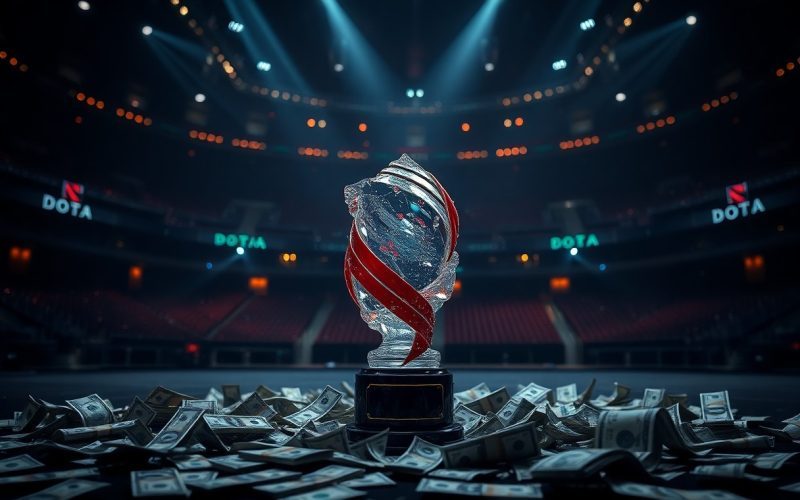Gambling has long been a contentious issue within esports, and the Dota 2 community has not been immune to this trend. Since the game’s release, controversies surrounding betting practices have surfaced, revealing a complicated relationship between the competitive gaming scene and gambling. While the high-stakes world of Dota 2, backed by sizable prize pools, attracts bettors, it has also led to unsettling incidents that raise questions about fair play, integrity, and regulation.
One of the first major scandals in Dota 2 gambling involved a well-known esports organization that faced accusations of match-fixing during a tournament. In 2016, a group of professional players was found to be involved in manipulating match outcomes to benefit their betting odds. This incident shocked the community, as it undermined trust in the competitive ecosystem and highlighted the need for oversight in esports betting. The players faced suspensions and many organizations took steps to establish stricter policies surrounding gambling to prevent future infractions.
Over time, the landscape of Dota 2 gambling scandals has transformed. New platforms and varying betting formats have emerged, complicating how betting is regulated. The rise of third-party websites that allow the use of in-game items, such as skins, as currency for betting has created a gray area that often eludes accountability. This evolution of the gambling scene has led to numerous reports of websites scamming users or engaging in fraudulent activities. Players and bettors alike find themselves vulnerable to exploitation, raising concerns about the legitimacy of gambling practices tied to Dota 2.
The introduction of online streaming platforms and content creators has also further blurred the lines between entertainment and gambling. Popular streamers often promote betting as part of their content, encouraging viewers to engage in gambling activities related to Dota 2 tournaments. While such promotion can increase audience engagement, it may inadvertently encourage risky gambling behaviors among impressionable fans. The influence of personalities in esports cannot be underestimated, and responsibility must be taken in how gambling is portrayed in this context.
As scandals have evolved, so too have responses from industry stakeholders. Esports organizations, tournament organizers, and regulatory bodies are increasingly aware of the implications of gambling within their communities. In recent years, there have been moves to implement more robust regulations and transparency measures to combat gambling-related issues. This includes increased scrutiny of betting platforms, the establishment of responsible gambling campaigns, and a push for greater education about the risks associated with gambling in esports.
Looking forward, the Dota 2 community continues to grapple with the complexities of gambling. The ongoing evolution of technology and platforms means that challenges will persist. For players, fans, and organizations, maintaining the integrity of the competitive scene while ensuring safe and responsible gambling practices is a pressing concern. As long as there is a connection between Dota 2 and gambling, it is critical that stakeholders remain vigilant in preventing scandals and protecting the reputation of the esports industry.







